Search
Did you mean: Italy?
Search Results

Definition
Scythian Religion
Scythian religion appears to be an amalgam of belief in a pantheon of gods grafted to more ancient animal reverence and shamanistic practice. According to their burial finds, the Scythians appear to have had a deep affinity with the animals...
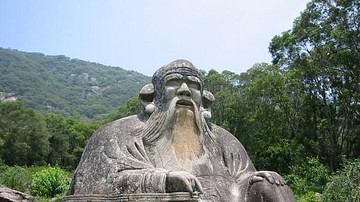
Definition
Taoism
Taoism (also known as Daoism) is a Chinese philosophy attributed to Lao Tzu (c. 500 BCE) which developed from the folk religion of the people primarily in the rural areas of China and became the official religion of the country under the...

Article
Religious Developments in Ancient India
For well over 1,000 years, sacred stories and heroic epics have made up the mythology of Hinduism. Nothing in these complex yet colourful legends is fixed and firm. Pulsing with creation, destruction, love, and war, it shifts and changes...
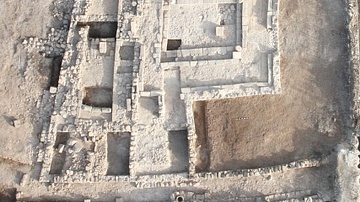
Article
The Archaeological Excavations at Magdala
Magdala, known as Migdal in Hebrew (מִגְדָּל: tower) and also as Taricheae (Ταριχέα, from the Greek Τάριχος or tarichos: preserved by salting or drying fish), was an important fishing town during the first century CE on the western shore...

Article
Jesus & the Law of Moses
New Testament studies now place Jesus Christ within the parameters of Second Temple Judaism in the 1st century CE, attempting to go behind the layers of later Christian theology and philosophy (such as the trinity) to understand how his message...
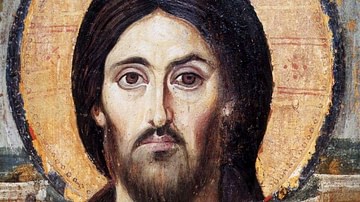
Definition
Jesus Christ
Jesus Christ is the designation of Jesus of Nazareth (d. c. 30 CE), who was an itinerant Jewish prophet from the Galilee in northern Israel. He preached the imminent intervention in human affairs by the God of the Jews, when God would establish...

Definition
Izanami and Izanagi
Izanami ('she who invites') and Izanagi ('he who invites') are the primordial gods of the Shinto religion who are believed to have created the islands of Japan and given birth to many of the other Shinto gods or kami. The myths of Japanese...
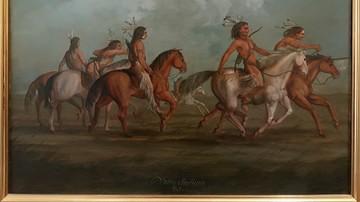
Definition
Plains Indians
The Plains Indians (also known as Native Americans of the Plains and Prairie, Indigenous Peoples of the Great Plains) are the original inhabitants of the western plains of North America, now part of the United States and Canada. They are...

Definition
Seshat
Seshat (also given as Sefkhet-Abwy and Seshet) is the Egyptian goddess of the written word. Her name literally means "female scribe" and she is regularly depicted as a woman wearing a leopard skin draped over her robe with a headdress of...
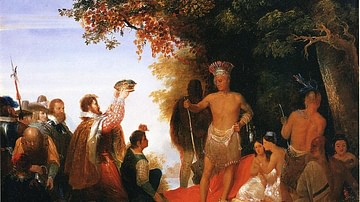
Definition
Chief Powhatan
Wahunsenacah, also known as Chief Powhatan (l. c. 1547 - c. 1618) was the head of the Powhatan Confederacy of Native Americans who inhabited the region of the modern-day State of Virginia, USA, which they knew by the name of Tsenacommacah...